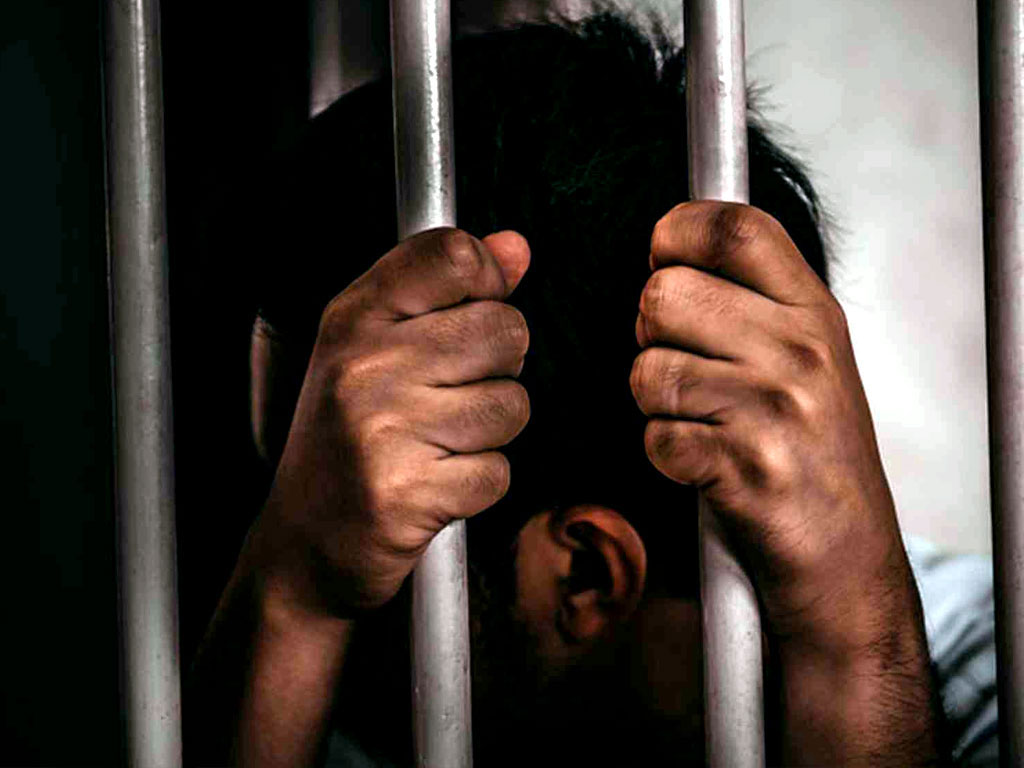
Article 14 (2) of the Constitution of Pakistan states that "no person shall be subjected to torture for the purpose of extracting evidence." Yet third degree torture is routinely employed by police, especially in Punjab, to extract confessions from prisoners, leading every once in a while to custodial deaths. A few days ago, an ATM cards thief, Salahuddin Ayubi, in Rahim Yar Khan, was seen hale and hearty making a face at CCTV camera (according to his family he was mentally instable) before breaking an ATM machine. Two days after his arrest he died in police custody. Three police officers involved in the case were sacked and charged with murder, and the District Police Officer given marching orders. A few days earlier, in a similar case, a gardener, Mohammad Ali, detained along with some others in a private police cell in Lahore's north Cantt police remits succumbed to his injuries sustained during torture. Six police officers of the area's investigations wing were suspended and the SP concerned ordered out and made officer on special duty as chastisement.
This has been happening despite the fact the Punjab Inspector General of Police had issued strict instructions against torture, and to ensure compliance he had not only made surprise visits to several police stations but also installed CCTV cameras in them. As the existence of a private detention and torture cell in Lahore shows, some in the police force have found other ways to go around the monitoring system. There clearly is something very wrong with police training that perpetuates the old colonial era mindset of serving only the rulers' interests. The one investigation method they seem know, especially where poor helpless people are concerned, is torture either to extract confessions or bribes. Changing that deeply ingrained anti-people mindset may not be easy, but change it must. A common explanation for the police's outrageous behaviour is that although the Constitution prohibits torture, it is not backed by a law that criminalizes torture. However, as regards Punjab, it has enforced the Police Order, 2002, under which any police officer who "inflicts torture or violence on any person in his custody" is to be punished with imprisonment term that may extend to five years with fine. That though has not helped because those investigating the violators are also police officers, who tend to protect their brother officers.
Under these circumstances, it is good to note that Chief Minister Usman Buzdar has asked for a judicial inquiry into the death of Salahuddin in police custody. Such an inquiry, free of police influence, is important to establish truth and bring the perpetrators to justice. But it must not remain a one-off attempt to punish the guilty. A proper independent mechanism needs to be put in place to ensure all involved in such abhorrent crimes are duly punished.
